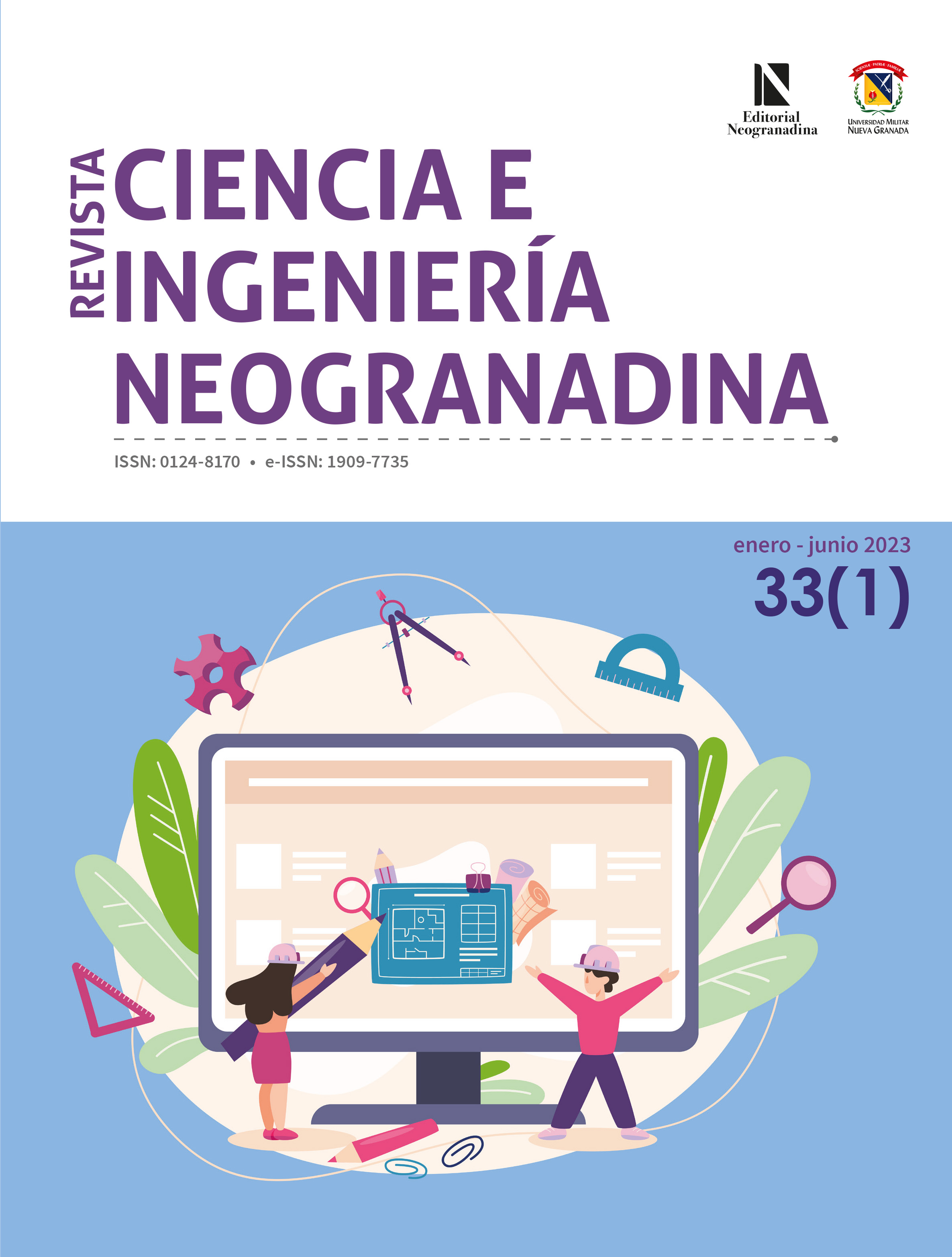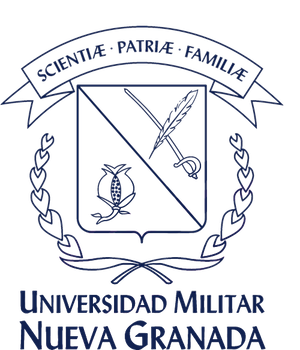Exploring the Effect of Integrating Tools with Agentivity in Learning Environments
Abstract
One of the social contributions of engineering is the development of tools for learning; from engineering, tools are artifacts that are integrated into artificial, natural, or mixed environments to solve various problems in education. The learning environments integrate the tools according to the cognitive needs of the students. Among the proposed models is the activity theory, which establishes a socio-cognitive relationship between subjects, objects of knowledge, and mediating artifacts. Thus, learning trajectories are influenced by the mediation possibilities of these tools and their cognitive and emotional effects on students during learning. Therefore, the mediation possibilities are related to the technologies used to develop the tools: mechanical, electronic, automatic, artificial intelligence, and emotional intelligence. The paper explores the interaction between students and tools from philosophy, cognitive science, and pedagogy.
Downloads
References
H. A. Simon y J. E. Laird, Sciences of the Artificial, reissue of the third edition with a new introduction by John Laird. MIT Press, 2019.
A. Rosado, "Técnica y fenomenología", Diálogos, vol. 49, pp. 77-105, 1987. http://smjegupr.net/newsite/wp-content/uploads/2020/03/06-T-cnica-y-fenomenolog-a-por-An-bal-Colon-Rosado.pdf
D. Ihde, "Philosophy of technology", en Philosophical Problems Today. 3a ed. Dordrecht, Springer, 2004. https://link.springer.com/chapter/10.1007/1-4020-3027-4_3 DOI: https://doi.org/10.1007/1-4020-3027-4_3
R. Brooks, Flesh, and Machines: How Robots Will Change Us. New York, Pantheon, 2003.
D. Le Breton, Las pasiones ordinarias: Antropología de las emociones. Nueva Visión, 1999. https://www.academia.edu/15082266/las_pasiones_ordinarias_antropología_de_las_emociones_david_le_breton
M. Gadille and M.A. Impedovo, "The Embodiment Dimension while Learning and Teaching in a Virtual World", Cybernetics and Informatics: JSCI, vol. 18, n.º 3, pp. 1-8, 2020. https://hal.science/hal-02863172v1/document
L. Suchman, Human-Machine Reconfigurations: Plans and Situated Actions, Cambridge University Press, 2012.
S. Turkle, The second self: Computers and the human spirit, Cambridge, Massachusetts. Mit Press, 2005. DOI: https://doi.org/10.7551/mitpress/6115.001.0001
J. J. Páez Rodríguez, "Interacción humano- robot: Consideraciones de implementación en ambientes escolares: Human-robot interaction: Implementation considerations in school environments", Revista Noria Investigación Educativa, vol. 1, n.º 3, pp. 71-88, 2019. https://revistas.udistrital.edu.co/index.php/NoriaIE/article/view/16326/15624
T. Crane, Mechanical Mind: A Philosophical Introduction to Minds, Machines and Mental Representation, Routledge, 2015.
C. Baber, Cognition and Tool Use: Forms of Engagement in Human and Animal Use of Tools, CRC Press, 2020.
M. Cole, Psicología cultural: Una disciplina del pasado y del futuro, 1a ed, España: Ediciones Morata, 1999.
F. Broncano, Mundos artificiales: filosofía del cambio tecnológico (Biblioteca Iberoamericana De Ensayo). Ediciones Paidos Iberica, 2000.
P. Kroes, Technical Artefacts Creations of Mind And Matter A Philosophy Of Engineering Design. Springer, vol. 6, 2012.DOI: https://doi.org/10.1007/978-94-007-3940-6
L. Mumford, Technics & Civilization, Alianza Editorial, 1971. https://monoskop.org/images/f/fb/Mumford_Lewis_Tecnica_y_civilizacion.pdf
F. Landriscina, Simulation and Learning: A Model-Centered Approach. New York, Springer New York, 2013. DOI: https://doi.org/10.1007/978-1-4614-1954-9
M. Carretero y M. Asensio, Psicología del pensamiento. Alianza Editorial, 2008.
T. Wynn y F. Coolidge, "The role of working memory in the evolution of managed foraging", Before Farming, vol. 2, n.º 2, pp. 1-16, 2003. https://www.researchgate.net/publication/200033753_The_role_of_working_in_the_evolution_of_managed_foraging
https://doi.org/10.3828/bfarm.2003.2.1
F. A. Bravo, E. Gonzalez, N. Di Blas, and A. Bonarini, "Robots at School: Supporting Humanities Teaching Through Robots-Based Storytelling", EdMedia + Innovate Learning. Association for the Advancement of Computing in Education (AACE), 2019. https://www.learntechlib.org/primary/p/209999/
A. Bonarini and S. Besio, Robot Play for All: Developing Toys and Games for Disability, Springer International Publishing AG, 2022. DOI: https://doi.org/10.1007/978-3-031-05042-8
P. John and G. Enrique, "Human-Robot Scaffolding", ACM Transactions on Human-Robot Interaction, vol. 11, n.º 3, 2022, art. n.º 24. Disponible: https://doi.org/10.1145/3526109
J. Páez, E. González and M. Impedovo, "HRS-EDU: Architecture to Control Social Robots in Education", en Methodologies and Intelligent Systems for Technology Enhanced Learning, 10th International Conference, vol. 1241. Springer, Cham, pp. 117-126. DOI: https://doi.org/10.1007/978-3-030-52538-5_13
J. J. Páez Rodríguez and E. González Guerrero, "Human-robot scaffolding: A novel perspective to use robots such as learning tools", en 18th International Conference on Advanced Robotics (ICAR). 2017, pp. 426-431. DOI: https://doi.org/10.1109/ICAR.2017.8023644
J. Páez, J. Cobos, D. Aguirre, R. Molina and L. Lievano, "Learning AnalyTICs: Exploring the Hypothetical Learning Trajectories Through Mathematical Games", en Methodologies and Intelligent Systems for Technology Enhanced Learning, 11th International Conference. MIS4TEL 2021, vol. 326. Springer, Cham, 2022. DOI:https://doi.org/10.1007/978-3-030-86618-1_16
D. Wood, J. S. Bruner y G. Ross, "The role of tutoring in problem solving", Journal of Child Psychology and Psychiatry, vol. 17, n.º 2, pp. 89-100, 1976. https://doi.org/10.1111/j.1469-7610.1976.tb00381.x

Copyright (c) 2023 Ciencia e Ingenieria Neogranadina

This work is licensed under a Creative Commons Attribution-NonCommercial-NoDerivatives 4.0 International License.











